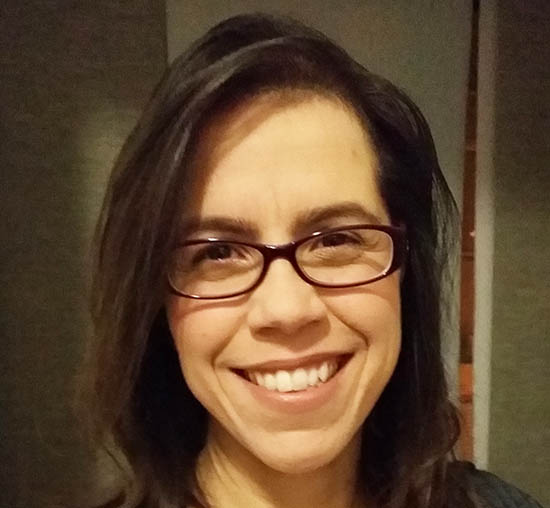 Imagine a day without Google or another search engine and, by the way, for the exercise to be complete, without books, and without encyclopedias, libraries or experts on the subject. Did you imagine?
Imagine a day without Google or another search engine and, by the way, for the exercise to be complete, without books, and without encyclopedias, libraries or experts on the subject. Did you imagine?
Also imagine that none of your friends or family members knew how to give you answers, in fact, they suffered from the same difficulty, doubt and anxiety regarding the same issues.
Now, in an even more complicated exercise, imagine yourself weeks, months, years on end in the same situation, or even your entire life.
It is difficult to imagine, “unthinkable!”, some will say, of course, but the picture of the scenario experienced in the skin by many rare patients who, despite having access to libraries and the internet, continue to live with a lack of information, as if the sources information did not exist.
Because there are sources for many types of information, but in the case of rare diseases, information is often missing or unreliable.
But let's take a step back to understand this bizarre exercise. Rare diseases are, for the most part, serious, chronic and debilitating. Although rare, they are much more common than you might think. It is estimated that between 6 to 8 percent of the population suffers from a rare disease, which represents between 24 and 36 million people in the European Community.
Effectively, a rare disease is one that affects at most 1 in 2000 people, but there are more than 6000 rare diseases described.
Due to their rarity and high number, not only are clinicians often unaware of them, but diagnosis is usually difficult and can take years. This delay has a great impact on the patient and their family, and can worsen the prognosis and delay adequate treatment.
After the diagnosis, in the case of a genetic disease, the person must receive genetic counseling and can resort to associations, which have a fundamental role in supporting patients and putting them in contact with others, as well as representing them with the entities officers.
The difficulties of people with a rare disease vary from disease to disease and, within each disease, the evolution of the disease in the particular person.
In general terms, the most frequent complaints of patients, in addition to the lack of information, are the difficulties in accessing the rare patient card and its use, in medical monitoring in the transition from childhood to adulthood, in accessing technical assistance. , in access to integrated care.
Still others are the lack of disability tables that include those for rare diseases and ensure equity in the attribution of degrees of disability and the need to access all the consultations they need (for example, speech therapy) in the National Health System ( SNS), rather than the family supporting them entirely.
The investigation brings hope to those living with a rare disease, as it can lead to greater knowledge about the diseases that have already been identified and the identification of diseases that have been unknown until now. It helps doctors make the correct diagnosis and give each patient information about their illness. It can lead to the development of new innovative treatments and, who knows, a cure. With research, the possibilities are limitless!
The so-called orphan drugs (OM) do not represent a cure, but allow the disease not to progress in the same way. OMs serve few patients and, despite having specific incentives for the pharmaceutical industry, they have a higher research cost and end up having a very high final cost and long delays until they are made available in the NHS.
Although the number of OM available has been increasing in recent years, they are still only available for a very small number of rare diseases.
The existence of formal reference/excellence centers will perhaps resolve a significant part of the patients' difficulties, increasing research in this area and facilitating the creation of a registry of people with rare diseases in Portugal.
In turn, registration will improve patient support, classify rare diseases and have greater awareness of the adequacy of means, helping to define measures for faster diagnoses and improving the quality of life of patients.
In 2017, as part of the International Day for Rare Diseases, which is marked on the last day of February, we will emphasize the hope that research represents for Rare Diseases so that the “days without Google” are less and less!
For more information: alicadoencasraras.org
Author: Marta Jacinto is president of the Portuguese Alliance of Rare Disease Associations

















Comments